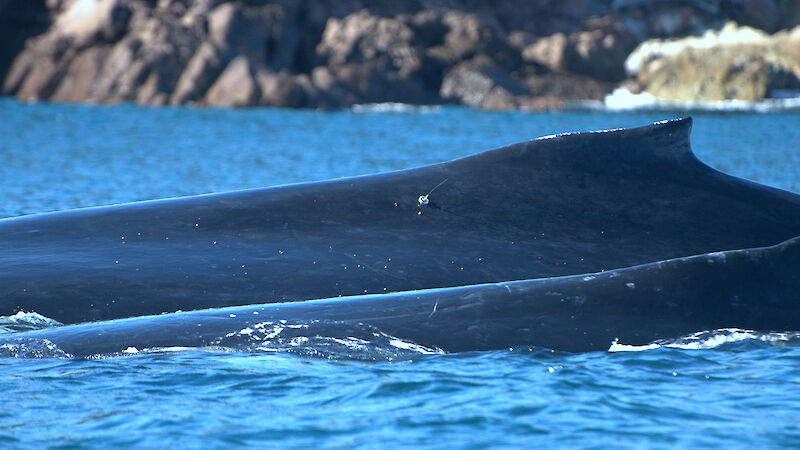Australia and New Zealand today announced the first Antarctic whale research expedition as part of the Southern Ocean Research Partnership.
Australian Minister for the Environment, Peter Garrett, Australian Minister for Foreign Affairs, Stephen Smith, and New Zealand Minister for Foreign Affairs, Murray McCully, said the announcement strengthens their close relationship and commitment to non-lethal scientific research, ahead of the next meeting of the International Whaling Commission (IWC) in Madeira next week.
The Antarctic Whale Expedition will involve six weeks of research in early 2010 aboard the New Zealand vessel RV Tangaroa in the Antarctic waters to the south of Australia and New Zealand.
“This expedition supports our joint position that non-lethal whale research can provide all the information needed to understand and conserve whales and so called ‘scientific whaling’ is unnecessary,” Australian Minister for the Environment, Peter Garrett said.
“New Zealand strongly supports rigorous science to underpin whale management, and the RV Tangaroa's voyage will provide an idea opportunity to obtain high-quality data in the Southern Ocean," New Zealand Minister for Foreign Affairs, Murray McCully said.
The research, jointly undertaken by Australian and New Zealand scientists, will improve the understanding of the population structure, abundance, trends, distribution, and ecological role of whales in the Southern Ocean.
The expedition will use state of the art non-lethal research techniques such as biopsy sampling, satellite tracking and acoustic and hydrographic surveys.
“The Southern Ocean Research Partnership is the largest international, multidisciplinary research collaboration with a focus on improving the conservation of whales,” Mr Garrett said.
“This expedition and the ongoing research program will demonstrate to the world that we do not need to kill whales to study and understand them.”
The Ministers said that Australia and New Zealand will be attending the IWC with the aim of reforming the management of science within the Commission, including an end to so-called ‘scientific whaling’ and the development of internationally agreed, cooperative conservation management plans for whales.
“By working together, both our nations can strengthen the international commitment to whale conservation,” Mr Smith said.

